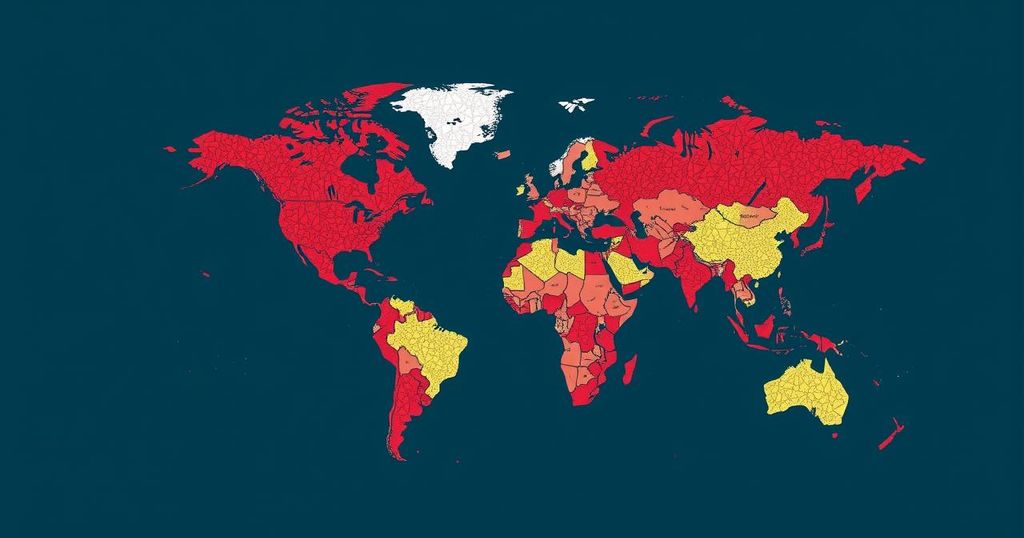Biden Administration Ends Humanitarian Parole Program for Migrants from Four Nations

The Biden administration will not extend the two-year humanitarian parole program for Venezuelan, Haitian, Cuban, and Nicaraguan migrants, impacting thousands who have settled in the U.S. Those nearing the end of their two years must seek alternative legal status or risk deportation. This decision comes as the administration ramps up its immigration policies ahead of the 2024 presidential election.
The Biden administration has announced that it will not continue the two-year humanitarian parole program established for migrants from Venezuela, Haiti, Cuba, and Nicaragua. This program permitted these individuals to enter the United States by plane if sponsored, providing legal residency and work opportunities for two years while they pursued further immigration options. The decision significantly impacts South Florida, which houses the largest populations of these communities in the country. Under this program, approximately 214,000 Haitians, 117,000 Venezuelans, 111,000 Cubans, and 96,000 Nicaraguans have settled in the U.S. As the 2024 presidential election approaches, this decision aligns with the Biden administration’s intensified immigration policy stance. Homeland Security officials have indicated that individuals nearing the end of their two-year period must either apply for alternative legal statuses, leave the U.S., or face deportation. New arrivals will still be permitted to apply for the program, but it will not affect migrants from Afghanistan or Ukraine. Various alternative pathways must be pursued by those affected, including ‘temporary protected status’ for Venezuelans and Haitians facing violence and unrest in their home countries.
The two-year humanitarian parole program was initiated in 2022 in response to a growing influx of migrants arriving at the U.S.-Mexico border. It was initially available only to Venezuelans and later expanded to include Cubans, Haitians, and Nicaraguans — nations with significant emigration pressures. The program sought to strike a balance between humanitarian needs and immigration enforcement. As of this announcement, the impact on existing migrants in the U.S. and the communities they have integrated into is profound, particularly in regions with large immigrant populations like South Florida.
The Biden administration’s decision to end the two-year program for migrants from Venezuela, Haiti, Cuba, and Nicaragua marks a significant shift in immigration policy, coinciding with the upcoming presidential election. The implications for already established communities in the U.S. are considerable, as former participants must now navigate alternative legal pathways or risk deportation. This development illustrates the complex interplay of immigration policy and political considerations as the administration seeks to manage migration issues amid rising scrutiny from various factions.
Original Source: www.wlrn.org






